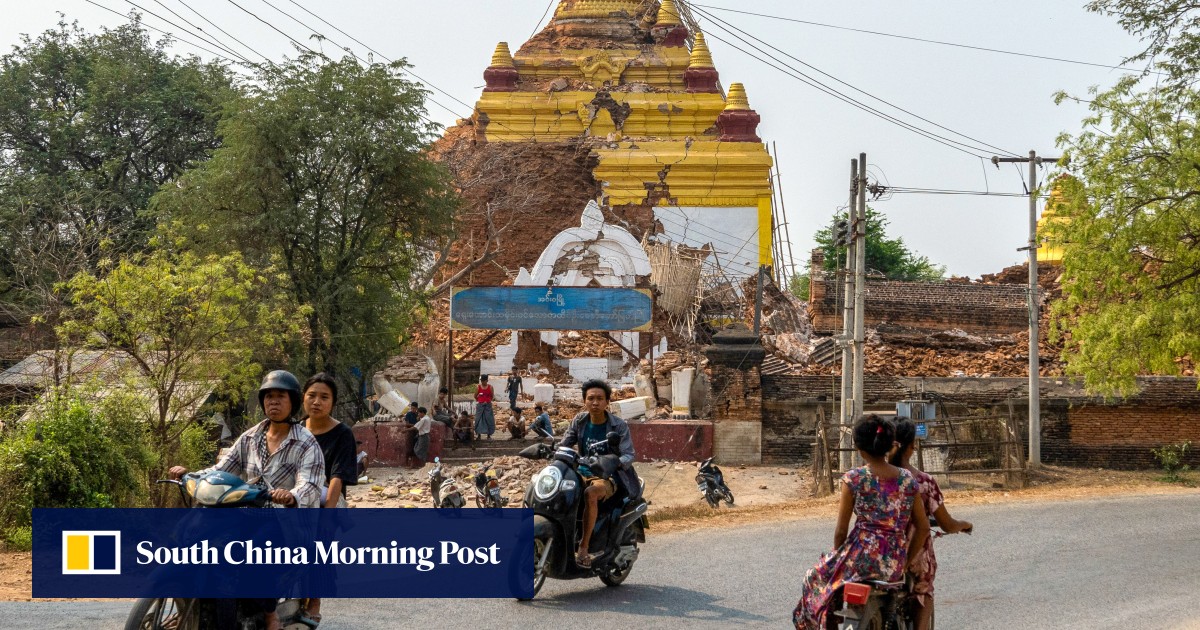Indian Prime Minister Narendra Modiand Bangladesh's interim leader Muhammad Yunus discussed former Bangladesh Prime Minister Hasina Sheikh's extradition from India.
The pair of leaders met on the sidelines of the BIMSTEC Summit in Thailand on Friday for the first time since Bangladesh's former Prime Minister Sheikh Hasina was ousted in a student-led uprising.
India has defied requests from Bangladesh to extradite Hasina to face charges of mass murder, souring relationships between the countries.
What did the leaders discuss?
Yunus urged Modi to stop Hasina from making ''incendiary remarks" while she remains in India.
"She has consistently made false and inflammatory accusations against the interim government of Bangladesh," Yunus said, according to a statement issued by his office.
In response, Modi asked Yunus to "avoid any rhetoric that poisons the atmosphere," and expressed support for '' a democratic, peaceful, progressive and inclusive Bangladesh," according to Indian Foreign Secretary Vikram Misri.
Bangladesh described the 40-minute meeting between both leaders as "very constructive and fruitful" and addressed issues of mutual interest, according to Yunus' press secretary Shafiqul Alam.
 Leaders of seven countries in the Bay of Bengal attending the BIMSTEC bloc summit in BangkokImage: Thailand Ministry of Foreign Affairs/ AFP
Leaders of seven countries in the Bay of Bengal attending the BIMSTEC bloc summit in BangkokImage: Thailand Ministry of Foreign Affairs/ AFPSeismic shift in India and Bangladesh's relations
India and Bangladesh have had long-standing ties but Hasina's ouster soured both countries' relations.
Hasina was considered a reliable ally of Modi. Her exile and close ties to India are faced with strong opposition in Bangladesh and contributed to a strained relationship between both countries.
 Yunus met Xi Jinping in Beijing in an effort to improve Bangladesh's ties to ChinaImage: CA Press Wing of Bangladesh
Yunus met Xi Jinping in Beijing in an effort to improve Bangladesh's ties to ChinaImage: CA Press Wing of BangladeshIn March, Yunus also visited China — India's biggest rival. Bangladesh has also improved bilateral ties with India's arch-enemy Pakistan.
Bangladesh's caretaker government is responsible for implementing democratic reforms ahead of the elections in June 2026.
Edited by Sean Sinico

 By Deutsche Welle (Asia) | Created at 2025-04-04 14:57:38 | Updated at 2025-04-05 00:50:08
10 hours ago
By Deutsche Welle (Asia) | Created at 2025-04-04 14:57:38 | Updated at 2025-04-05 00:50:08
10 hours ago








